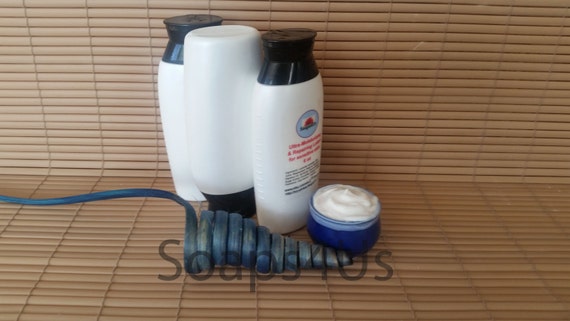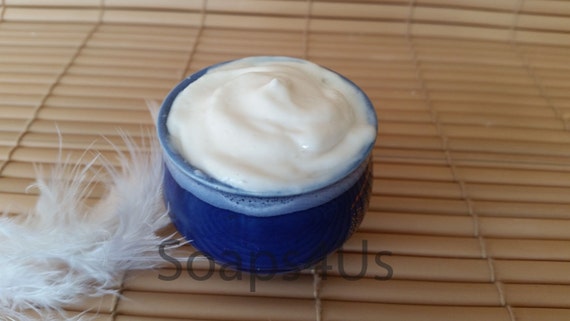Who doesn't want beautiful skin? Let’s start by knowing your skin type.
Dry skin is flaky, scaly, or rough.
Oily skin is shiny, greasy, and may have
big pores.
Combination skin is dry in some spots
(cheeks) and oily in others (forehead, nose, and chin).
Normal skin is balanced, clear, and not
sensitive.
What about sensitive skin? Sensitive skin may sting, burn, or itch after
you use some makeup or other products or response to external environmental
things such as cold, sun, wind. Blemishes, dryness, tightness, breakouts,
redness; these are all signs that your skin is sensitive.
If your skin is sensitive, you
need to avoid:
- Astringents containing alcoho.
- Abrasive scrubs (which contain
aluminum oxide crystals, walnut shells, or pumice).
- Washing by cold or hot water.
- Steaming the skin.
- Harsh cleansers.
Our skin’s barrier should keep
things that will irritate your skin out. But the skin's barrier is weakened by
exposure to sun, chlorine and salt and can't retain moisture so easily.
The Ultra-Moisturizing &
Repairing Lotion repairs that barrier. This product is free of propylene
glycol, phthalates, fragrance and alcohol. A deeply hydrating lotion can calm, nourish,
and smooth distressed skin.
In our formula I used some key
ingredients:
Squalane (obtained from Olives) -
is a botanical lipid that mirrors human lipids in molecular structure and
weight. So, squalane can help to restore skin barrier.
I‘ve chosen meadowfoam seed oil,
because this oil not only penetrates the skin with ease and provides emollient
benefits, but also it is very stable to oxidation.
The main ingredient in water
phase of emulsion is lavender hydrolyte. The lavender hydrolyte is useful for
all skin types, but is especially recommended for mature, dry, damaged or
fragile skin. Its soothing, healing, antimicrobial and regenerative properties
can be particularly useful for treating blemishes, mild acne and other
irritated skin conditions such as heat rash, sunburn and insect bites. Its
antiseptic properties are also beneficial for cleansing minor wounds. Lavender hydrolyte
has a fragrance that is light and delicate.
Aloe also helps soothe, calm,
protect and hydrate skin.
Sodium Lactate - is one of the
Natural Moisturizing Factor (NMF) constituents of skin, required in the
maintenance of natural hydration. Sodium Lactate is a superior moisturizer,
increasing the moisture content of skin by up to 84%.
Panthenol (or pro-Vitamin B5) is
well known for its anti-inflammatory properties for professional skin care
formulations where it also acts as a powerful redness reducer. Studies have
shown D-Panthenol promotes stimulation of epithelization, granulation, and
mitigation of itching and has an anti-inflammatory effect. When used in formulations over the course of
three to four weeks, it has the potential to improve the appearance of the
skin, including dryness, roughness, scaling, pruritus and erythema. Further, its moisturizing properties improve
stratum corneum hydration, reducing transepidermal water loss and maintaining
skin elasticity and softness.
Glycine Betaine Sugar Extract -
acts to maintain intracellular hydration (water levels) helping to prevent
damage from environmental stressors such as UV radiation, and oxidation. Unlike
traditional humectants, which draw moisture from the environment, betaine adds
hydration directly due to its abundant source of saccharides, making it a
suitable choice for any climate or environment.
Ingredients: Lavender hydrolyte,
Aloe Juice, Meadowfoam Seed oil, Squalane, Hazelnut Oil, Sal Butter, Glycine
Betaine Sugar Extract, Emulsifier (ECOSERT), Sodium Lactate, Panthenol, Cetyl
Alcohol, Optiphen.
The Ultra-Moisturizing &
Repairing Lotion is also recommended to use after exposures to sun when skin as
especially sensitive to various kinds of damage.







